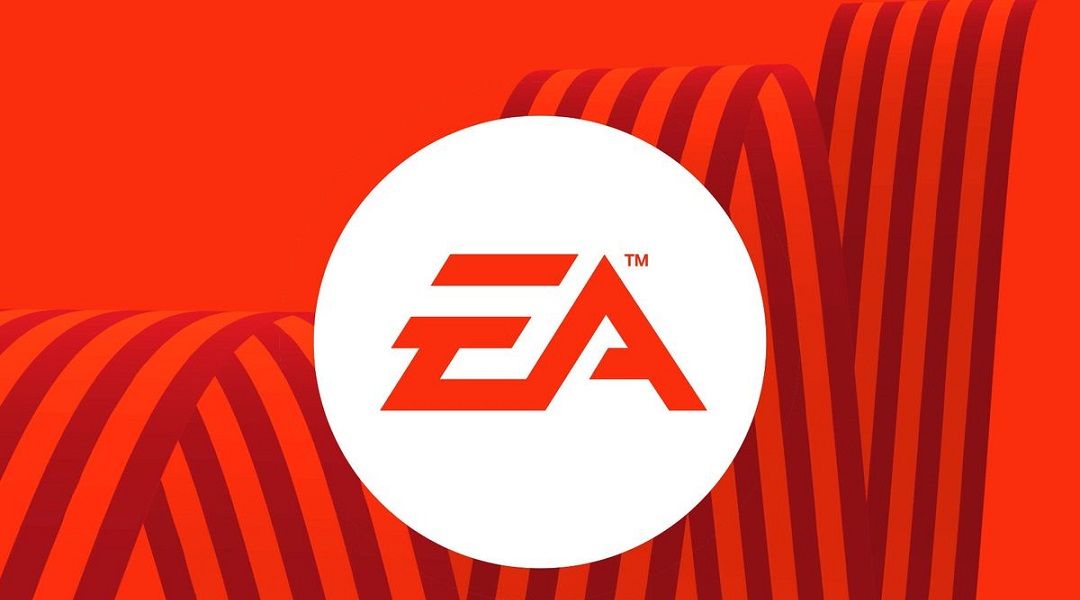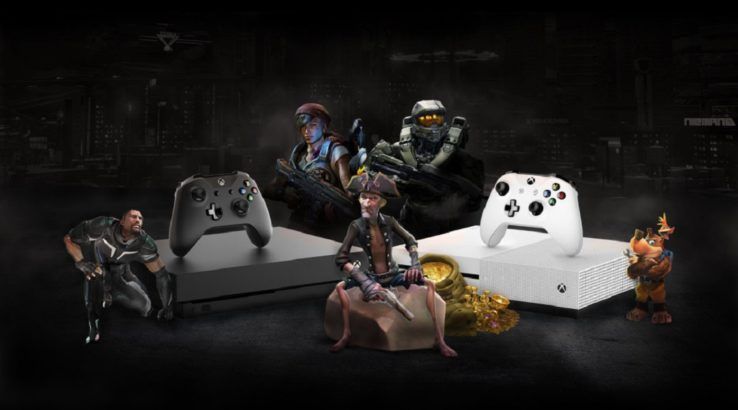While Microsoft's E3 Press Conference this year impressed with a solid balance of third-party premieres and new announcements for services such as Game Pass, the company's outlook on the future of first-party titles might be its most impressive feat in recent memory. By acquiring the likes of Undead Labs (State of Decay 2), Ninja Theory (Hellblade: Senua's Sacrifice), and most recently Obsidian Entertainment (Fallout: New Vegas), the forward-thinking of Phil Spencer and company shows the next generation of Xbox is primed for what could be a strong lineup of exclusive games for the now-rumored Project Scarlet set to come out in 2020.
While the studios Microsoft has acquired may not be of the AAA scale, it's unlikely Microsoft will be looking to team up with one of those larger companies anytime soon. This focus on smaller studios, according to Phil Spencer, is to help fuel the future of what the Game Pass service will hopefully become.
Here's what Spencer had to say during the Barclays 2018 Global Technology Conference:
"If you watch the studio acquisitions we've done, we're focused on creative teams that we think can build very interesting content to help the flywheel Game Pass grow and our platforms grow."
The Xbox One generation hasn't been particularly nice to Microsoft when it comes to its first-party experiences. Games such as Halo 5 Guardians and Gears of War 4 began to show a law of diminishing returns due to the lack of innovation seen comparatively to what Sony has done with its PlayStation 4 exclusive titles. To make matters worse, Platinum Games' Scalebound was cancelled in early 2017, while Rare's Sea of Thieves hasn't lived up to expectations since its release this Spring. Not to mention the numerous delays of Crackdown 3, which is expected to launch this February.
When speaking on the aspect of creativity, Spencer's comments make sense in relation to how things would look if they were to acquire a studio like EA, which also owns a number of studios around the world as well, including DICE and BioWare. Specifically for EA, Microsoft acquiring them may actually be seen as a more polarizing move, considering the trouble the company went through in late 2017 with the loot box fiasco of games such as Need for Speed Payback, and infamously Star Wars Battlefront 2.
On the other side of the discussion, larger studios have also had a negative impact when signing with Microsoft for exclusive/timed-exclusive deals, such as 2014's Sunset Overdrive by Insomniac Games, and even the timed exclusive window for Crystal Dynamic's Rise of the Tomb Raider back in 2015. History has shown that larger studios teaming with Microsoft haven't fared well for them. However since Phil Spencer has taken over as head of Xbox, the upward trend the console has seen the past few years could equate to the return of these large-scale partnerships in the future.
Source: Comicbook


